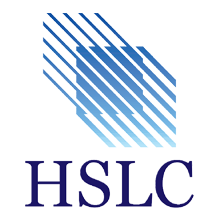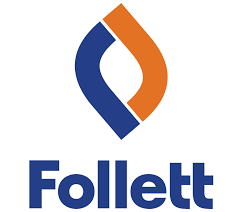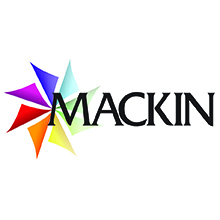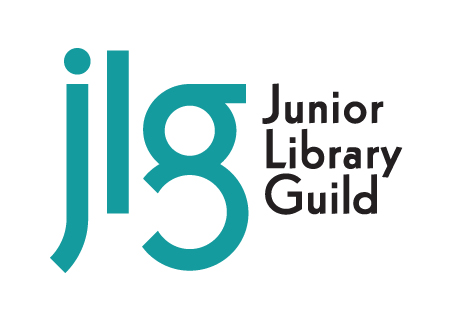- Home
- Get Involved
- Teach & Learn
- Take Action
- Award & Celebrate
- Read Publications
- Announcements & Events
|
PSLA Intellectual Freedom Task Group Website If you’re facing a challenge, the PSLA IFTG Rapid Response Team is here to help. Click Here This website also includes support, resources for facing intellectual freedom challenges, policy and procedure recommendations and proactive actions. The Pennsylvania School Librarians Association (PSLA) is pleased to support all library workers and libraries in Pennsylvania that face material and book challenges. Libraries provide access to and display a variety of materials representing a broad range of perspectives and experiences. PSLA believe that libraries in PA must:
We stand opposed to censorship and any effort to coerce belief, suppress opinion, or punish those whose expression does not conform to what is deemed to be orthodox in history, politics, or belief. We are committed to collaboratively supporting libraries and library workers as they uphold the First Amendment to the US Constitution and the freedom to read and learn for all library users. Some other things to consider if you are facing a challenge: Once ALA knows of a challenge, they will be able to provide you with guidance and resources to help defend your students’ right to read. It is vital that you report a challenge of any type to ALA (this includes administrators removing books from the library before an official challenge is made). You may want to refer to ALA’s Library Bill of Rights. This is a great resource to give you direction and talking points. ALA offers a toolkit for you to reference and use as needed.
Some questions to consider are: Did the challenge come from a community member or parent?; Has the administrator or librarian reached out to explain collection development and opt out options (notes in library management system, technology blocks, etc.)?; If the challenge is from a community member, have they completed the appropriate form?; If the challenge has come from an administrator or other teacher, do they need to be informed/educated on library policies and procedures?; If not, do they want to meet to discuss concerns? If concerns aren’t met at either level after discussion with a librarian and (neutral) administrator, does a formal challenge need to take place?
If your district does not have policies, or similar ones, in place, find out if your school board is a member of PA School Board Association. PSBA offers form templates for ease in creating policies. Sample policies and forms are linked below. If you are creating or suggesting a new policy for your district, it will need to be approved before going into effect. Creation and updates to procedures do not generally need school board approval, but informing and working with administration ensures the execution of such procedures.
Other resources for you to use as needed:
Reconsideration Forms: |






